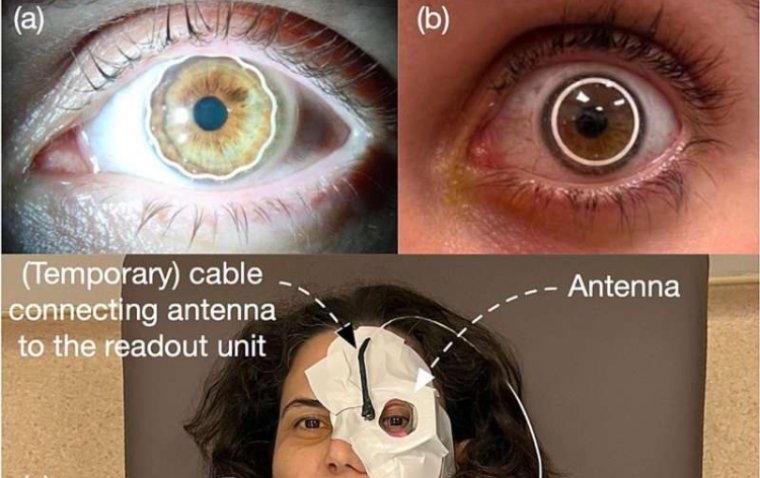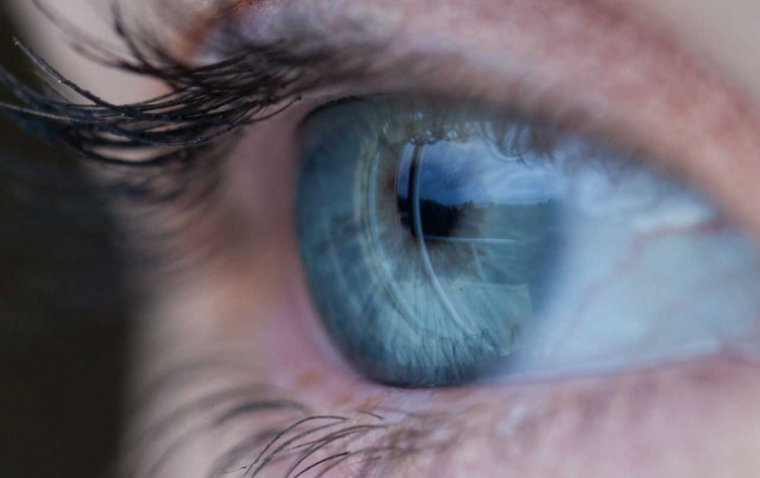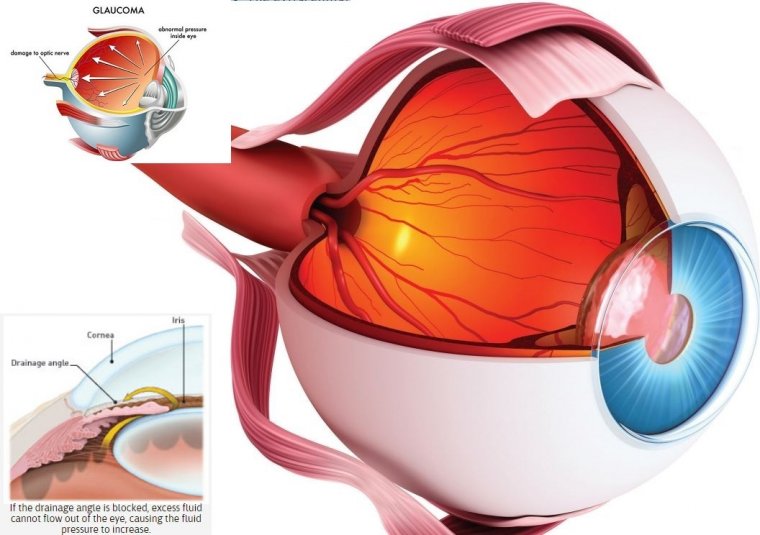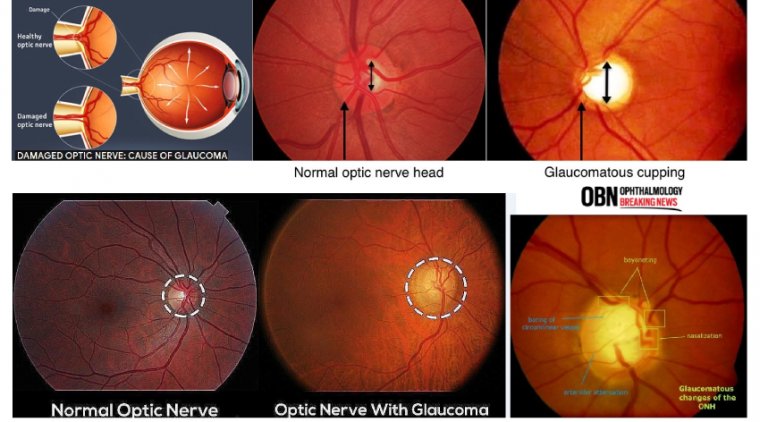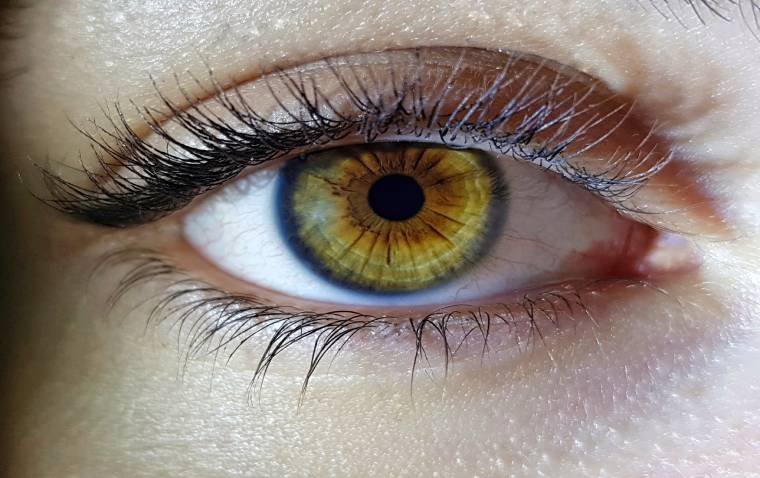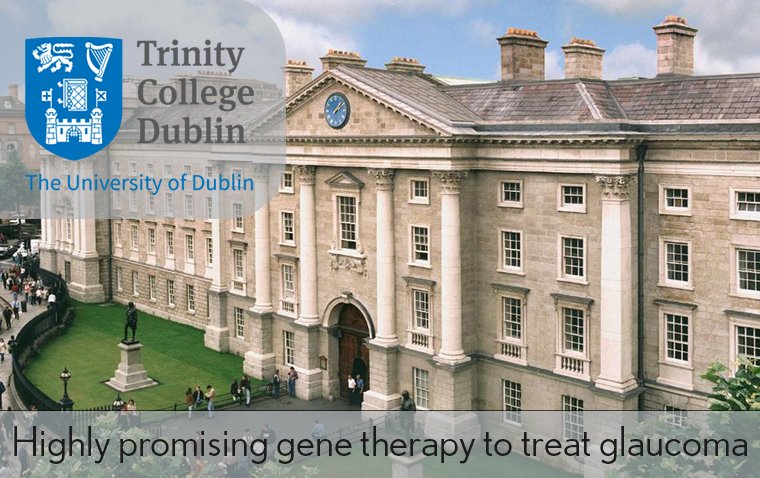
Trinity College Researchers Develop Promising Gene Therapy for Glaucoma and AMD
A team of researchers at Trinity College Dublin has developed a gene therapy that shows promise for treating both glaucoma and dry age-related macular degeneration (AMD). The therapy, which uses an enhanced gene (eNdi1) delivered by an approved virus, aims to improve mitochondrial function in retinal cells. In animal models, the therapy protected retinal ganglion cells (RGCs) and improved their function, while in human cells, it increased oxygen consumption and ATP production.
Glaucoma’s Complexity and Treatment Challenges
Sophia Millington-Ward, PhD, highlighted glaucoma as a complex group of optic neuropathies affecting around 80 million people worldwide, with 1 in 30 people in Europe aged 40-80 and 1 in 10 over 90 affected. Current treatments, such as eye drops, surgery, or laser therapy, yield variable outcomes, leading to an urgent need for better treatment options. The Trinity team’s gene therapy aims to provide a more effective, targeted solution.
Mechanism and Potential
The therapy is designed to enhance mitochondrial activity, boosting ATP production and reducing harmful reactive oxygen species. This mechanism protects critical retinal ganglion cells, improving their function. Jane Farrar, Research Professor at Trinity College, noted the importance of developing broad gene therapies that can treat large patient populations, given the high development costs.
Next Steps and Future Development
The next phase of development will focus on translating the therapy into clinical trials. To expedite progress, the Trinity research team has founded Vzarii Therapeutics, working with Loretto Callaghan to advance the therapies toward human trials for both dry AMD and glaucoma.
This research is supported by funding from Science Foundation Ireland, Enterprise Ireland, Health Research Board Ireland, and other organizations.
(1).jpg)
